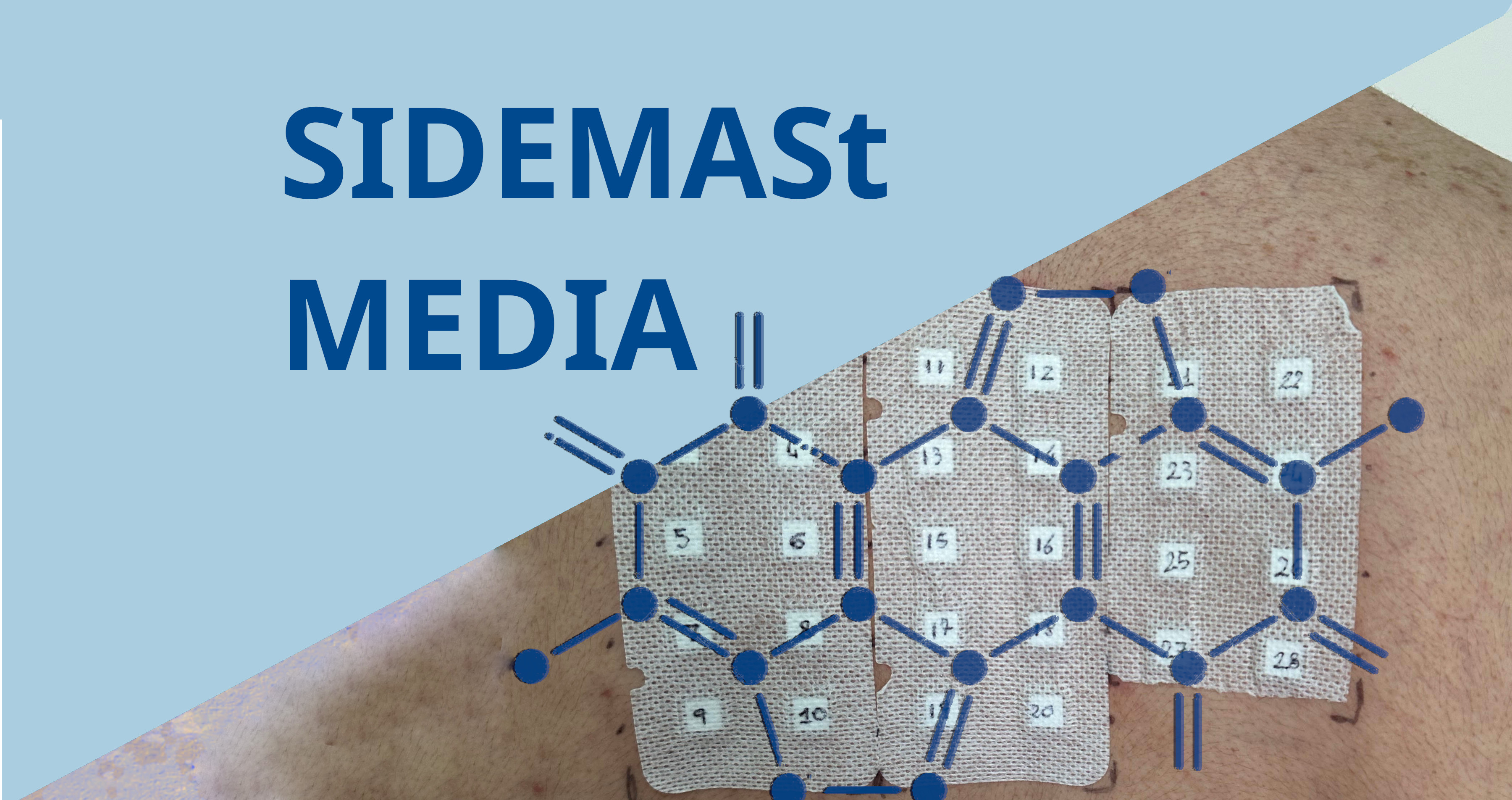The monoclonal antibody omalizumab appears to reduce episodes of angio-oedema in patients diagnosed with chronic idiopathic urticaria / spontaneous urticaria, according to results of the phase 3b X-ACT study presented at the 74th Annual Meeting of the American Academy of Dermatology (AAD).
The Chronic Urticaria Quality of Life score, which assesses the burden of the disease on individual patients, declined by 20.3 among the 47 placebo patients in the X-ACT study, and by 42.3 among the 44 patients (P < .001) who were treated with omalizumab, explained lead investigator Matthias Braeutigam, MD, Novartis Pharma, AG, Basel, Switzerland, speaking here at an oral presentation on March 5.
The X-ACT study investigated whether use of omalizumab 300 mg could reduce the impact on patients with chronic or spontaneous urticaria who experienced frequent angioedema attacks that were not treated sufficiently with up to 4 times the standard-dose second-generation H1-antihistamine.
Patients in the study received either placebo or omalizumab 300 mg every 4 weeks for 7 months.
In addition to the statistically significant improvement on the quality-of-life assessment, treatment with omalizumab also was favourable when compared with placebo when assessed by the Angioedema Activity Score -- <5 with omalizumab compared with about 17 with placebo at 28 weeks (P = .036).
The Adverse Event - Quality of Life Total Score again favoured omalizumab treatment -- a score of about 15 among patients on omalizumab compared with a score of about 40 with placebo (P < .001).
"Patients with chronic ideopathic urticaria / spontaneous urticaria with wheals and angio-oedema exhibit high frequency of angio-oedema attacks," said Dr. Braeutigam. At baseline, 9% of patients experienced daily angio-oedema, 49.5% had weekly episodes, and 36.3% experienced more than 6 angio-oedema episodes during the last year.
The number of angio-oedema-burdened days was 14.5 for patients receiving omalizumab compared with 49.5 days for subjects receiving placebo.
Omalizumab-treated patients also showed a longer time period between first and second angio-oedema episodes following treatment: 20 days among participants receiving omalizumab compared with 7.8 days among those assigned to placebo.
"Omalizumab 300 mg reduced quality-of-life impairment due to urticaria and angioedema," Dr. Braeutigam concluded. "Omalizumab also reduces the occurrence of angio-oedema."











